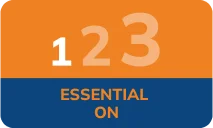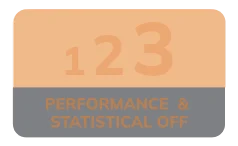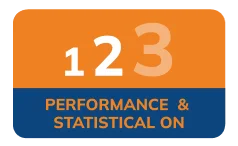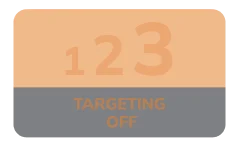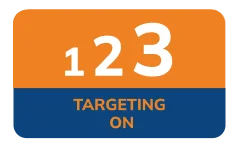How do you protect me online? FAQs
We are committed to providing our customers with a secure banking experience. We strive to utilise state-of-the-art technology to protect your financial information. We also employ a wide range of security features for our website as well as for our online banking service.
These include:
Secure login
For logging into online banking you need to use your online banking user ID and password. Our login page is a secure page.
When you log in successfully to our online banking your web browser will establish a 128-bit secure socket layer (SSL) connection between your computer and our web servers.
SSL stands for ‘Secure Socket Layer’. SSL is a protocol used to transmit information securely over the internet. The SSL encrypts sensitive information so it cannot be opened or understood by anyone other than the intended receiver. SSL has been accepted universally as the standard for authenticating and encrypting communication over the web.
The 128-bit SSL gives the most secure encryption available.
You can see whether a web page is secure in two main ways:
- Check the web page URL: Normally, when browsing the web, the URLs (web page addresses) begin with the letters "http". However, over a secure connection the address displayed should begin with "https". Note the "s" at the end.
- Try it! - Visit our home page (http://www.icicibank.co.uk). Note the URL begins with ‘http’, meaning this page is not secure. Then click the link at the upper-left hand corner to ‘Log in’. Notice the change in the URL? It now begins with "https"; meaning that the user name and password typed in will be encrypted before being sent to our server.
There is a standard among web browsers to display a "lock" icon somewhere in the window of the browser. For example, Microsoft Internet Explorer displays the lock icon at the lower right-hand side of the browser window:
Click (or double-click) the ‘padlock’ icon of your web browser to see details of the site's security.
This is good to know because some fraudulent web sites are built with a bar at the bottom of the web page to imitate the lock icon of your browser. But, you will be able to tell this is a fraudulent site because you won’t be able to click the ‘padlock’.

Digital certificates are issued by certification authorities to authenticate a website or elements of a website. The certificate verifies that the site is legitimate. Your web browser automatically accesses the certificate to check its legitimacy. If everything is as it should be, you session will carry on as normal. If there is a problem, your browser will issue a warning and your safest action is to close the website.
If you are unable to provide the correct user ID and password, you will not be granted access to online banking. After three unsuccessful login attempts, your user ID will be blocked automatically by our system. To re-enable your online banking user ID, please call us 24/7 on 0344 412 4444 (Calls to this number use free plan minutes if available, otherwise they cost the same as 01/02 prefix calls) .
Our unique security features continue to protect you once you have logged in successfully. To protect your accounts against unauthorised access, our systems are designed to automatically terminate a secure online session if extended inactivity is detected. Hence if you log in and leave your session inactive for an unduly long period, the session will be terminated. If your session terminates automatically, you can log in again to continue your activities.
In addition, after logging in you cannot use the ‘Back', ‘Forward' and ‘Refresh' buttons on your browser. If you click on any of these buttons, your secure session will be logged out automatically. This is done to ensure that no unauthorised entry can be made in your online banking during your absence from your computer system.
This is one of the security mechanisms we use to protect our systems and your information. Our firewalls use a combination of industrial-strength computer hardware and software designed to protect our servers, computer systems, networks and database s from harmful information. During your secure online sessions, firewalls prevent unauthorised internet traffic from entering our website.
In order to effectively counter the latest security threats, we ensure that our systems are constantly updated to maintain the security of your accounts
Scroll to Top


